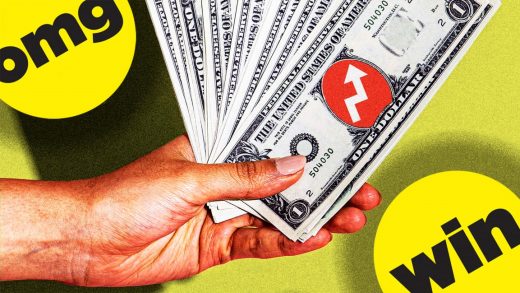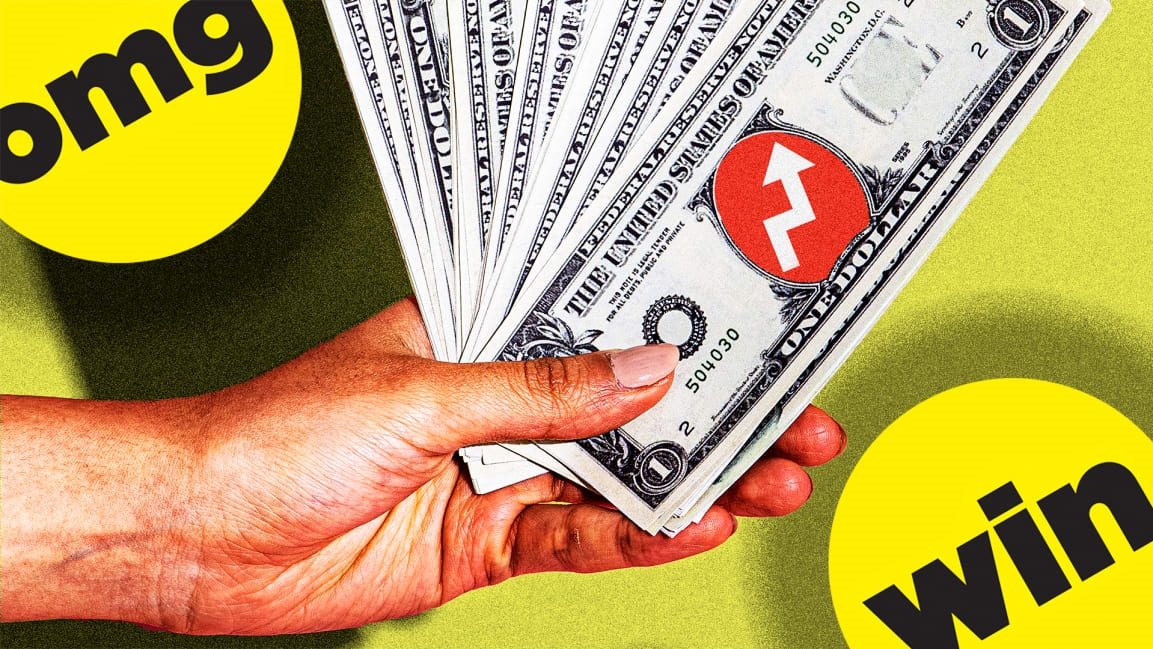BuzzFeed will pay creators of viral content up to $10,000 per post
BuzzFeed, king of viral quizzes and meme-stuffed listicles, is testing a new way to gamify its content production.
The website, founded in 2006, earned internet fame for its trending entertainment and celebrity news, clicky headlines, and library of unscientific quizzes promising to reveal such truths as your Harry Potter doppelgänger predicted from your favorite dessert foods, or whether or not you would be invited to the Met Gala based on an outfit crafted from the Asos clothing catalog. To build its empire of content, BuzzFeed has long relied on an army of fan contributors who create essays, lists, and quizzes free of charge via the BuzzFeed Community portal. In the past, it has doled out virtual “trophies” and “internet points” to top content creators.
But now, for the first time, it’s offering to pay these community members. Last week, it introduced a new program—dubbed the BuzzFeed Summer Writers’ Challenge—that offers payments of up to $10,000 per post for top creators. Users who publish posts that achieve a minimum number of page views between June 15 and August 15 will be compensated on a tiered scale, with payouts starting at $150 for stories with 150,000 views, and rising to $10,000 for stories that hit 4 million views.
Outsourcing content creation to the public is a business strategy that has been leveraged effectively by a number of publications in the past, including Forbes Media, which began paying all contributors in February 2018. That amount was whittled down a bit amid the coronavirus pandemic last year, with the current rate standing at $250 for those who author at least five posts per month as well as a half-cent bonus for every new reader a post generates.
BuzzFeed may be on to something similar: The company’s executive director of growth and trends, Peggy Wang, told AdWeek, “If we see positive effects from the challenge, it’s certainly likely that we could make the business case for extending this initiative, or bringing it back in other new forms.”
While the publication originated with a focus on viral content, in recent years it has invested in growing its investigative journalism unit and reporting hard-hitting news features. It won its first Pulitzer prize in 2021 for a series on Uyghur internment in China.
(22)



